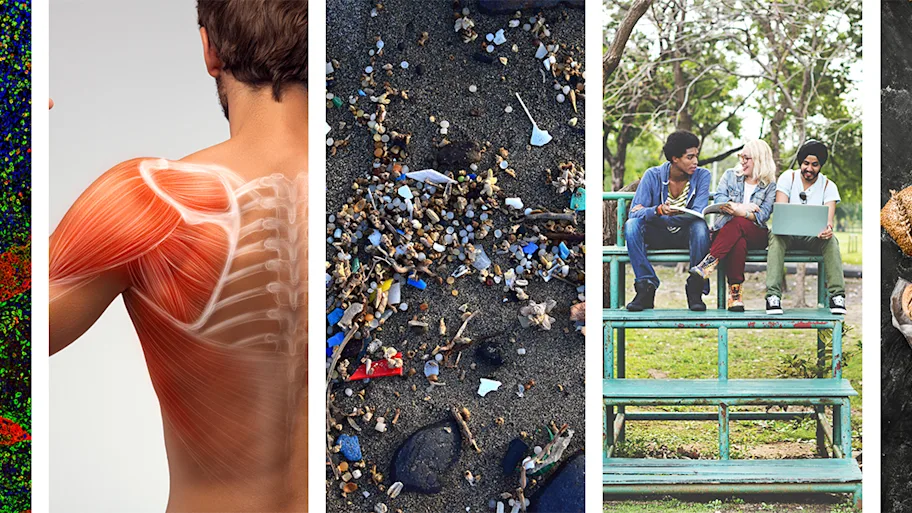
- Science News
- Frontiers news
- New Frontiers in Mechanical Engineering section ushers in “golden era” for Tribology
New Frontiers in Mechanical Engineering section ushers in “golden era” for Tribology

Image: Shutterstock
Chief Editors Professor Valentin Popov and Dr. Roman Pohrt will foster multidisciplinary knowledge exchanges on tribology — a subject integral to any system with moving parts.
Tribology — the study of friction and wear — has evolved rapidly from “classical” mechanical engineering applications to become widely relevant across many fields.
“Contact mechanics and tribology are expanding to new applications at the forefront of global technological and societal trends — in particular micro- and nanotechnology as well as biology and medicine,” explains Specialty Chief Editor Professor Valentin Popov from the Technical University of Berlin, Germany.
This multidisciplinary nature is reflected in the new Tribology section of Frontiers in Mechanical Engineering, which is open to a broad spectrum of research on the mechanics and physics of interfaces in natural, technical and biological systems — including adhesion, capillary forces, friction, lubrication and wear, as well as interface-related system dynamics. Popov notes that this will give researchers “the opportunity to be part of a modern and progressive model of publishing, while also allowing the field to benefit from inputs of other disciplines.”

Dr. Roman Pohrt

Professor Valentin Popov
Professor Popov and Dr. Roman Pohrt — the section’s other Specialty Chief Editor, also from TU Berlin — aim to establish a much-needed exchange between experts in the field, in order to nurture a general understanding of friction and wear relevant to many challenges faced by engineers today.
As head of the System Dynamics and Friction department at the Institute of Mechanics, Professor Popov’s research focuses on contact mechanics and the physics of friction. Dr. Pohrt specializes in experimental and numerical methods within Tribology — a dichotomy which reflects the breadth of the field itself.
Professor Popov and Dr. Pohrt both believe that Open Access facilitates and enhances communication between scholars worldwide, allowing all interested researchers to participate in the development of the field, and inspiring future interdisciplinary collaborations. As Pohrt says, “Tribological research has a great potential to support the transition towards a sustainable technology usage.”
The new section will enable the growth of this vital field of research, as it enters what Popov heralds as “the true golden era of Tribology.”
Tribology welcomes high-quality submissions and Research Topic proposals. Send us yours — and join this new and exciting venture within the field of Mechanical Engineering.






